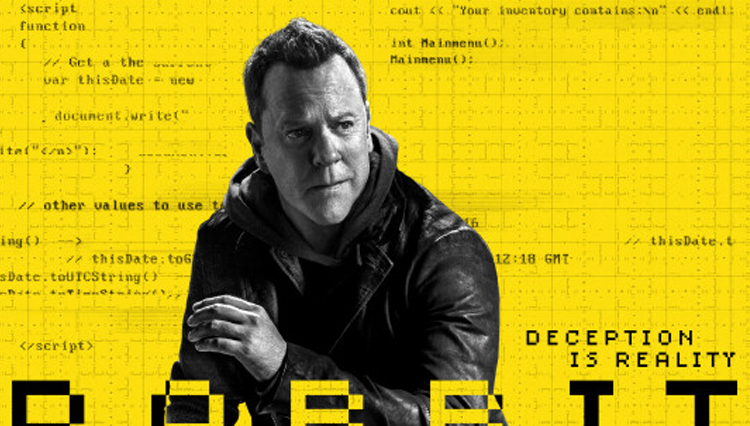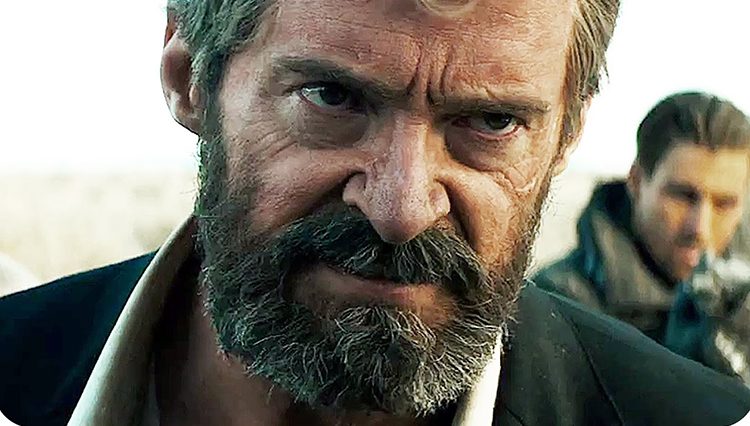“There is a God, and she’s very, very mad at you right now.”
I’ll bet you’re wondering what kind of a gal the evil, alternate, mirror universe Phillipa Georgiou (Michelle Yeoh) is. Well. She’s the kind of gal who invites you to dinner and then pulls a knife on you before she tells you she suspects you of treason. She also has a bizarre psycho-sexual obsession with you; on the order of mother-daughter-jealous lover. This dynamic disturbs me, to say the least, but it also surprises me because I expected more.
I expected a thoughtful, if meticulously cruel leader. I tend to forgive the earliest “mirror” episodes of the franchise, from “Mirror, Mirror” to “The Emperor’s New Cloak” (although Deep Space Nine improved immeasurably on the idea by giving their counterparts options other than mass destruction), but I had hoped the writers would understand Kirk’s axiom: conquest is easy, control is not.
Georgiou immediately sentences Burnham (Sonequa Martin-Green) to death for her traitorous actions (which is rich considering easy promotion and advancement involves betraying and assassinating your superiors), but Burnham tips her hand early, informing Georgiou that she is not her Michael Burnham but a mirror universe counterpart. Oddly, Georgiou buys this right away.
She obviously wants to use this knowledge for her own personal gain, because (let’s face it) nobody wants to do the right thing in the mirror universe. Georgiou is, disappointingly, predictable, which makes this mirror universe predictable. When Burnham pleads for her Lorca’s immediate release, Georgiou puts the kibosh on it, giving her a series of Usual Suspects edits (the “Kobayashi Maru,” if you will) to convince her that Lorca is, indeed, Keyser Söze!
Okay, maybe not Keyser Söze, but the mirror universe equivalent. It turns out her Lorca (Jason Isaacs) is the evil Lorca! Dun-dun-DUN! As this new information is processed, evil-Lorca breaks free from his “agonizer” and murders several crewmen, including a man seeking vengeance for the death of his sister. It might feel to you like a reward for paying attention to all of Lorca’s various peccadillos, but it feels more like a narrative Hail Mary in the fourth on third down, and the receiver tripped on the line of scrimmage.
I kind of feel like it wasn’t supposed to go down like this, but because Lorca is a strong, aggressive male authority figure, he had to be turned into a bad guy. Speaking of bad guys, Ash Tyler becomes more chatty in his convalescence, and Saru begins to suspect he might just be a Klingon! How long does it take him? These people are supposed to be our best and brightest? He even goes to L’Rel (because she’s worth it!) to ask her to help him.
Frankly, I don’t care. I’d just go in there and phaser him into non-existence. Saru’s a piss-poor captain. Stamets is still stuck in that bizarre Willy Wonka-there’s no earthly way of knowing-Tunnel of Alternative Mediocrity, where he converses with his counterpart (who is just as annoying and smug as he is) as well as a dead boyfriend (I know, I know, it’s serious) Hugh, who tells him Tyler killed him. Of course, you’d have to be a drooling, babbling moron not to know Tyler was an enormous pain-in-the-neck, but I digress.
There’s a lot of padding for a 35-minute episode. Why was this episode so short? I feel like this might’ve been haphazardly edited to add an extra episode to the production order, instead of throwing these various bits into the episodes released before and after. Whatever happened, it didn’t work, and the real revelation of the episode—that of Lorca’s true identity—feels only half-resolved because we knew so little of Lorca at the time of his introduction. Plus I don’t like it when evil characters try to tell me there’s someone even more (mwah-ha-ha-ha-ha!) evil waiting in the wings.
Twice a week, Star Trek Rewind explores the Star Trek universe. From Archer to Janeway, Kirk to Picard, and Georgiou to Sisko — boldly read what no one has read before!






